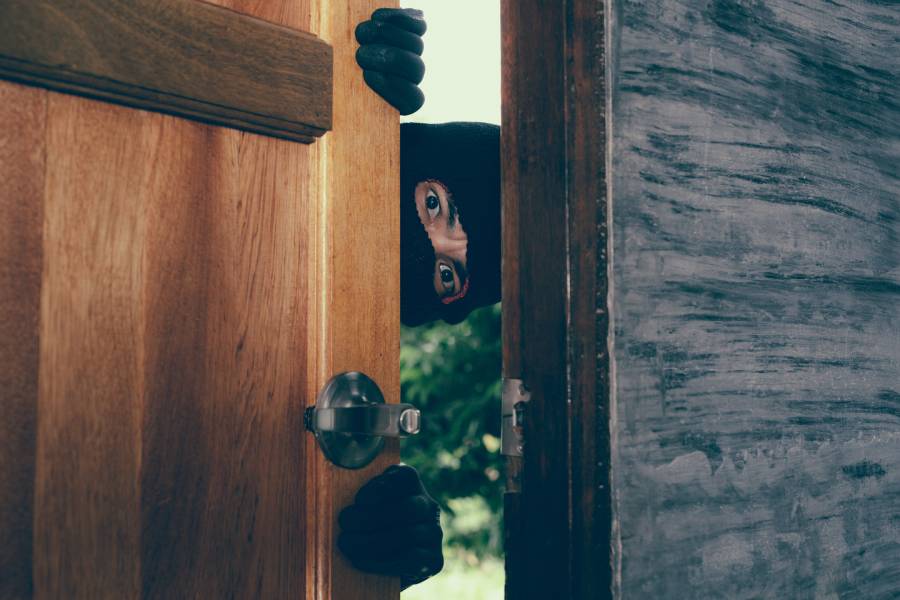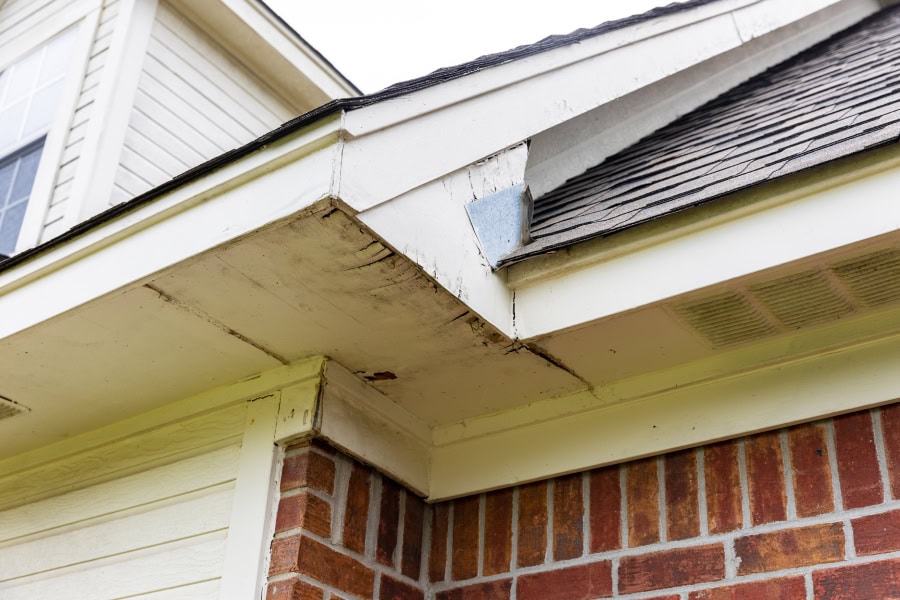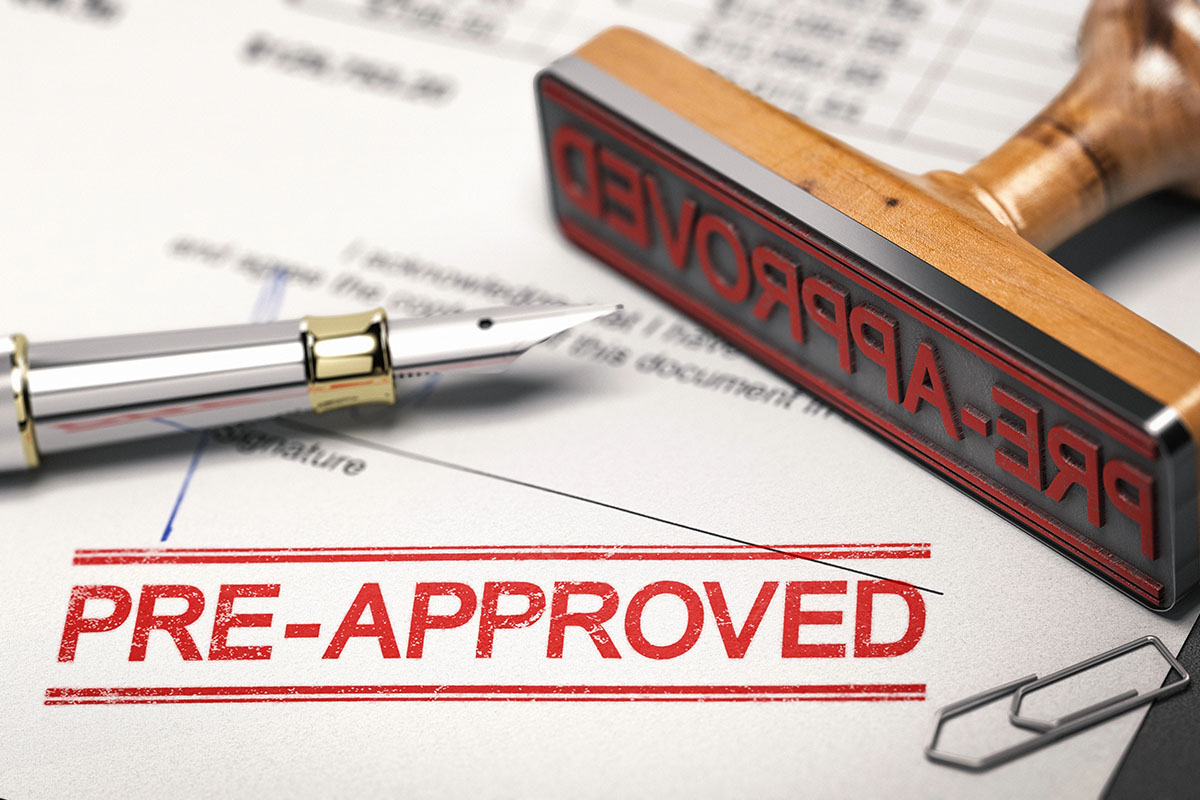A home is more than just a place to live; it’s an investment, a tangible asset that holds significant value. Protecting this investment is important, and it involves more than just physical maintenance.
The process of protecting your investment in your home begins with understanding the value of the property and recognizing the potential risks it faces. These risks can be physical, such as damage from natural disasters, or financial, such as depreciation due to poor maintenance or neighborhood decline. For those interested in selling your home or considering homes for sale in Caldwell County TX, assessing these risks is crucial.
Once the potential risks are identified, the next step is to implement measures to mitigate these risks. Below, we’ll explore each of these aspects in detail, providing insights and best practices to help you protect your home investment and property effectively.
Home Security 101
When it comes to home security, locks and alarms are just the beginning. A comprehensive home security strategy involves multiple layers of protection to deter potential intruders and ensure the safety of the property.
The first layer of home security is physical security. This includes sturdy doors and windows, high-quality locks, and well-lit exteriors. Landscaping can also play a role in home security. For example, shrubs and trees near windows can provide hiding places for burglars, so it’s important to keep these areas clear.
The second layer of security involves electronic devices such as alarms, security cameras, and smart home technology. These devices can provide real-time monitoring, alert homeowners to potential threats, and even allow remote control of home systems.
A crucial but often overlooked aspect of home security is the human element. This includes being aware of common security risks, being vigilant about locking doors and windows, and knowing your neighbors. A strong community can be one of the best defenses against property crime.
Insuring Your Property from Unexpected Events
Insurance is a critical component of protecting your home investment. It provides financial protection against unexpected events that could cause damage to your property. From natural disasters like storms and floods to human-caused incidents like theft or vandalism, insurance can cover the costs of repair or replacement.
There are various types of home insurance policies available, each offering different levels of coverage. It’s important to understand what each policy covers and choose one that best suits your needs. For instance, while a basic policy might cover damage from fire or theft, you may need additional coverage for risks specific to your area, such as earthquakes or floods.
It’s also crucial to understand the terms of your insurance policy, including deductibles, limits, and exclusions. A deductible is the amount you’ll have to pay out of pocket before your insurance kicks in. The limit is the maximum amount your insurer will pay for a covered loss, and exclusions are the things your policy won’t cover.
Regularly reviewing and updating your insurance policy is also important. As your property’s value changes or you make improvements to your home, you may need to adjust your coverage to ensure you’re adequately protected.
Regular Maintenance Matters
Regular maintenance is a key aspect of protecting your home investment. It helps to prevent minor issues from escalating into major problems that could significantly impact the value of your property. From routine cleaning to periodic inspections, regular maintenance can go a long way in preserving the longevity of your home.
One of the most basic yet crucial maintenance tasks is cleaning. This includes cleaning gutters to prevent water damage, washing windows to maintain their functionality and appearance, and power washing the exterior to prevent the buildup of dirt and grime.
Periodic inspections are also an important part of home maintenance. These inspections can help identify potential issues early, allowing for timely repairs. This could include checking for roof damage, inspecting the foundation for cracks, or having the HVAC system serviced regularly.
Preventive measures such as sealing cracks, installing weather stripping, and insulating attics and walls can also contribute to the longevity of your home. These measures not only help to prevent damage but can also improve energy efficiency, leading to cost savings in the long run.
Finding Reliable Renters
Finding reliable renters is an important part of protecting your property investment. A good tenant can ensure steady rental income, take care of the property, and reduce the likelihood of conflicts. One of the most effective ways to find reliable renters is through a thorough tenant screening process.
The tenant screening process begins with the rental application. This should gather information about the potential tenant’s employment, income, rental history, and references. Verifying this information can give you a good idea of the tenant’s ability to pay rent and their reliability.
Running a credit and background check is another key part of the screening process. This can reveal information about the potential tenant’s financial responsibility and any potential legal issues. It’s important to comply with all laws and regulations when conducting these checks, including obtaining the necessary permissions.
Finally, interviewing potential tenants can provide valuable insights. This gives you a chance to ask questions, clarify any information from the application or background check, and get a sense of whether the tenant would be a good fit for your property.
Safeguarding Against Emergencies
Emergency preparedness is another key aspect of protecting your home. Disasters can strike without warning, causing significant damage to your property. However, with proper planning and preparation, you can safeguard your home against these unexpected events.
One of the key elements of emergency preparedness is having a disaster plan in place. This includes knowing the types of disasters that are common in your area, having an evacuation plan, and keeping emergency supplies on hand. It’s also important to ensure that all family members are aware of the plan and know what to do in case of a disaster.
Another important aspect of emergency preparedness is securing your property. This could involve reinforcing your home’s structure to withstand strong winds, elevating appliances to prevent water damage in case of flooding or installing smoke detectors and fire extinguishers for fire safety.
It’s crucial to have adequate insurance coverage for your property. This can provide financial protection in case of a disaster, helping you to recover and rebuild more quickly.
Navigating Landlord Regulations
Landlord regulations is a crucial aspect of property management. These laws are designed to protect both landlords and tenants, and compliance with them is not just a legal requirement, but also a way to ensure smooth and fair dealings.
Landlord regulations cover a wide range of areas, including tenant rights, property safety standards, eviction procedures, and more. Understanding these laws can help you avoid legal issues, protect your investment, and maintain a positive relationship with your tenants.
It’s important to note that landlord regulations can vary by location. Therefore, it’s crucial to familiarize yourself with the specific laws applicable in your area. This might involve researching online, consulting with a legal expert, or joining a local landlord association.
Keeping up to date with changes in landlord regulations is essential. Laws can change, and new ones can be introduced. Staying informed about these changes can help you adapt and ensure ongoing compliance.
Building Trust, One Property at a Time
Protecting your home is a multifaceted task. It involves a combination of physical security measures, insurance coverage, regular maintenance, careful tenant screening, emergency preparedness, and legal compliance. Each of these elements plays an important role in preserving the value of our property and ensuring its longevity.
It’s important to remember that at the heart of it all is trust. Trust between landlords and tenants, trust in our properties against the elements, and trust in the systems and processes we put in place to protect our investment.
Building this trust doesn’t happen overnight. It’s a gradual process. With each step we take – whether it’s installing a new security system, conducting a routine inspection, or updating our insurance policy – we’re not just maintaining our property; we’re also building trust.
Protecting our property is more than just a financial decision. It’s a commitment to building trust, maintaining high standards, and creating a safe and secure environment. And with each property we manage, we’re not just building structures; we’re building relationships, one property at a time. Asking realtors familiar with the area can provide more insights on real estate in Caldwell County. If you’re interested in ways to increase your property’s value and protect your investment, reach out to Caldwell County realtors to make informed decisions and investments.











